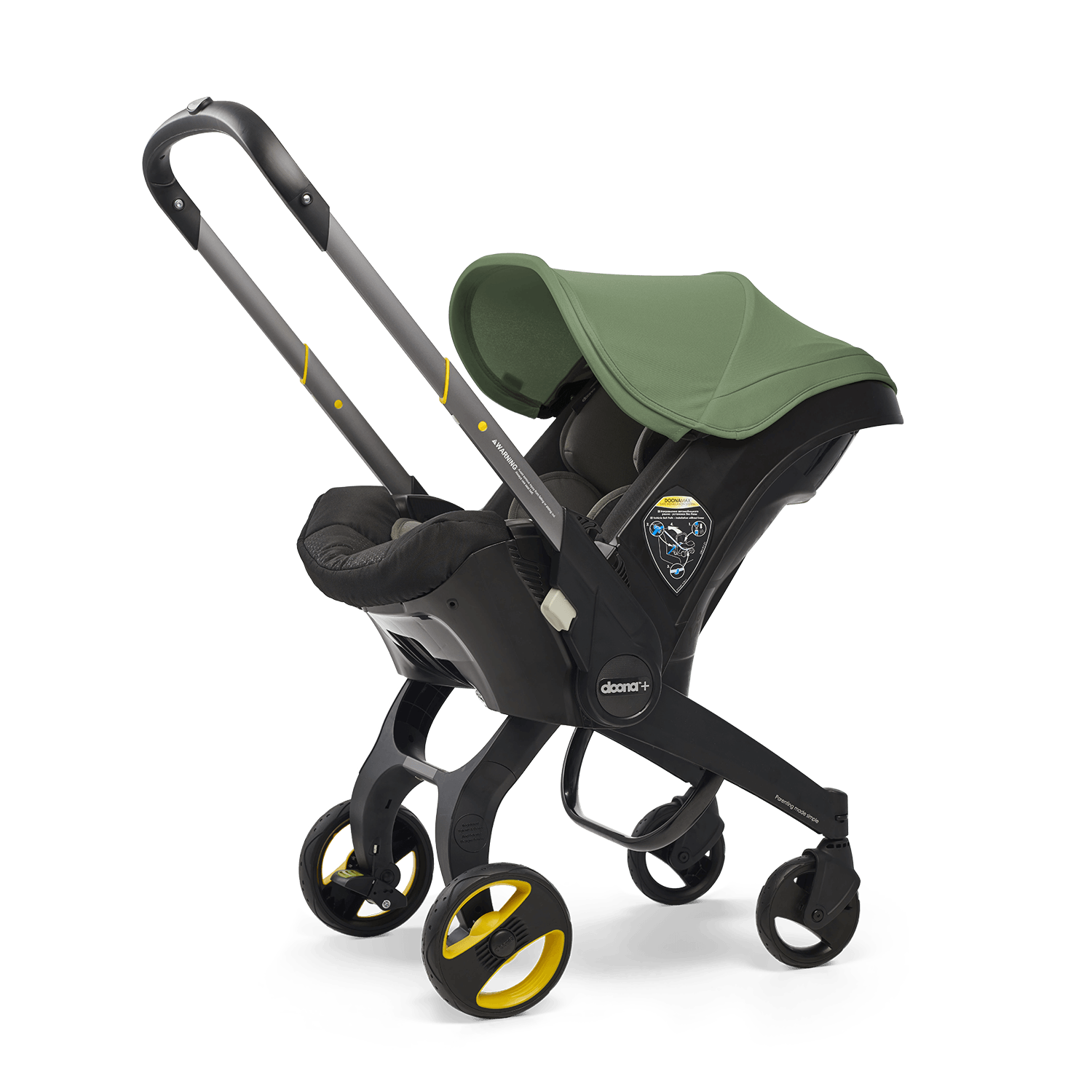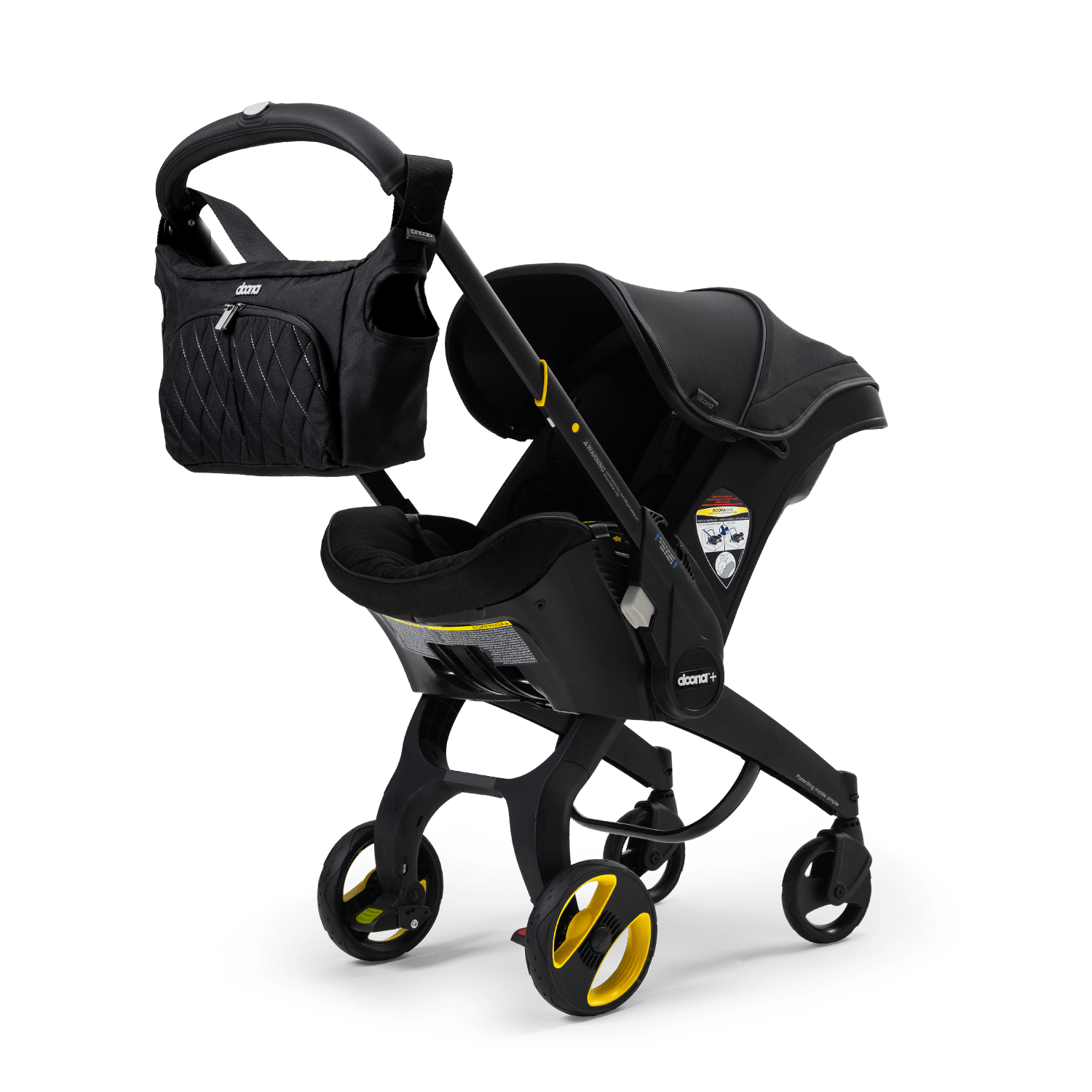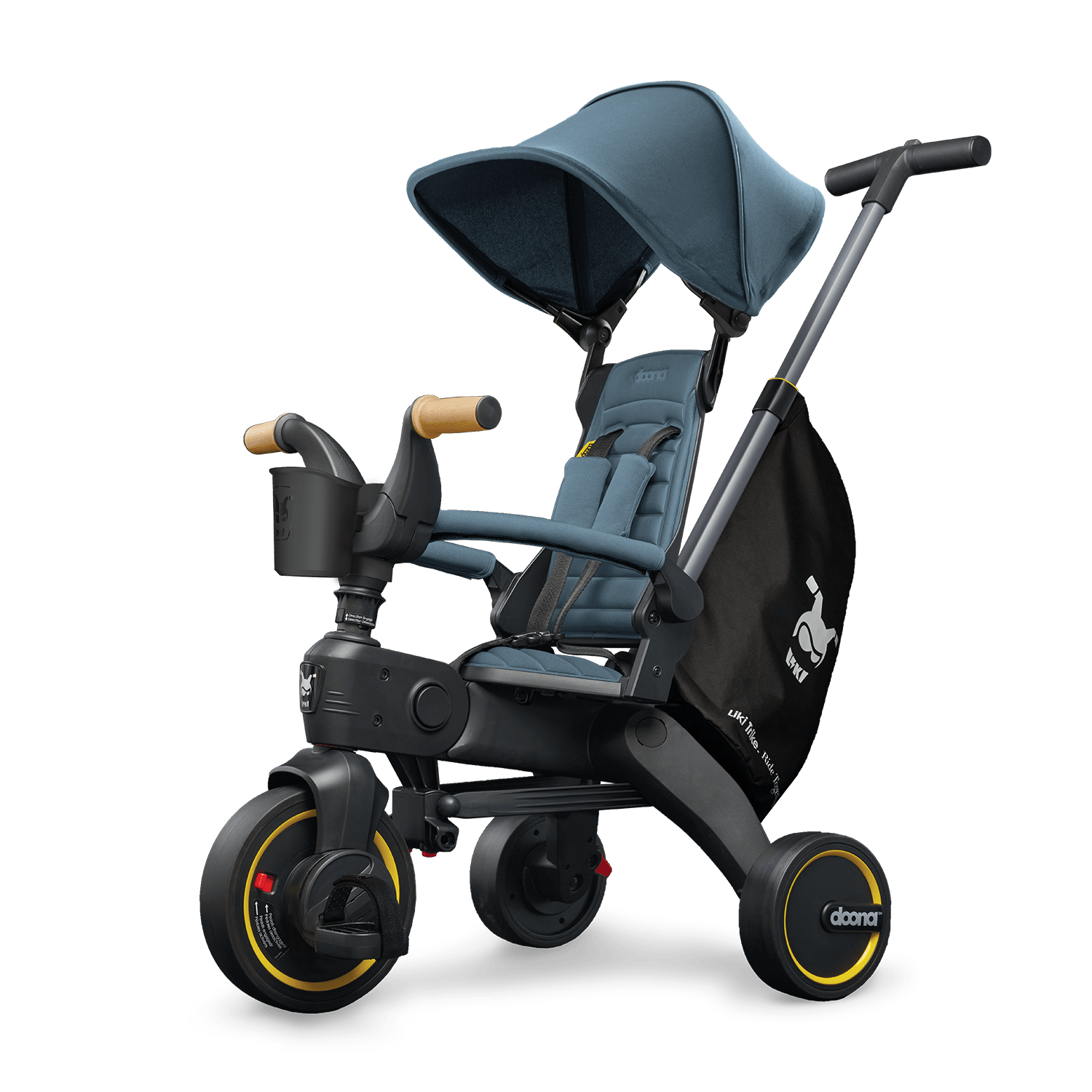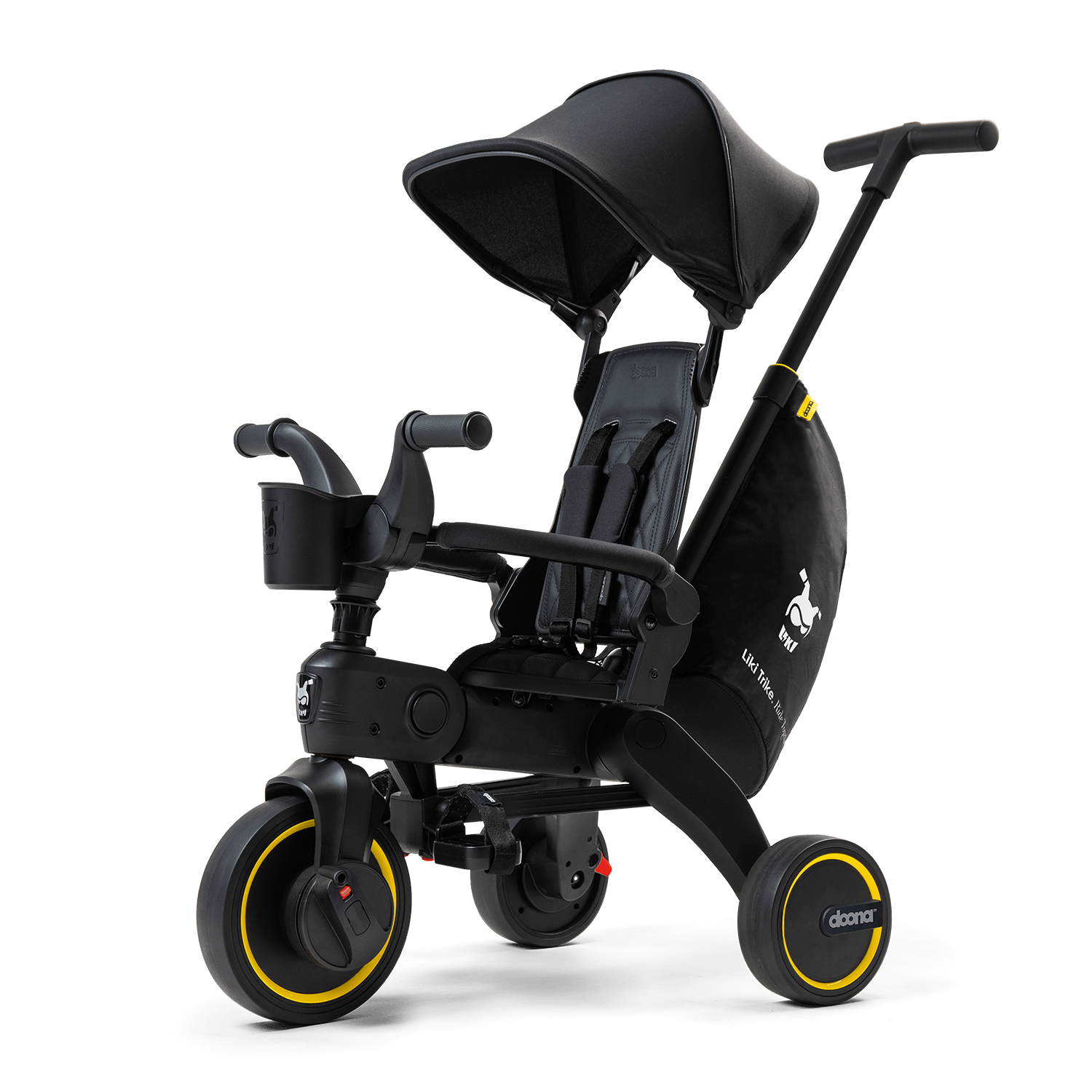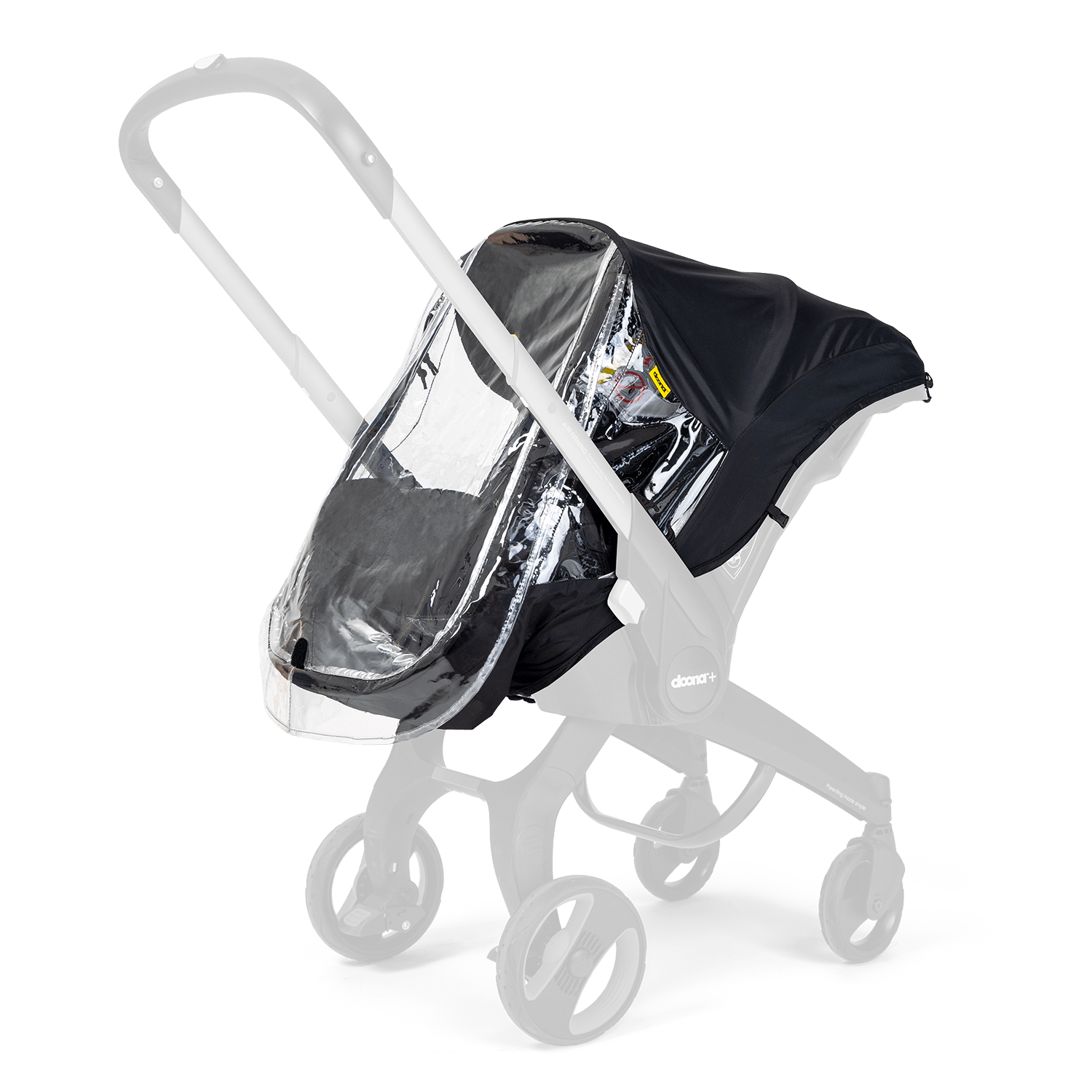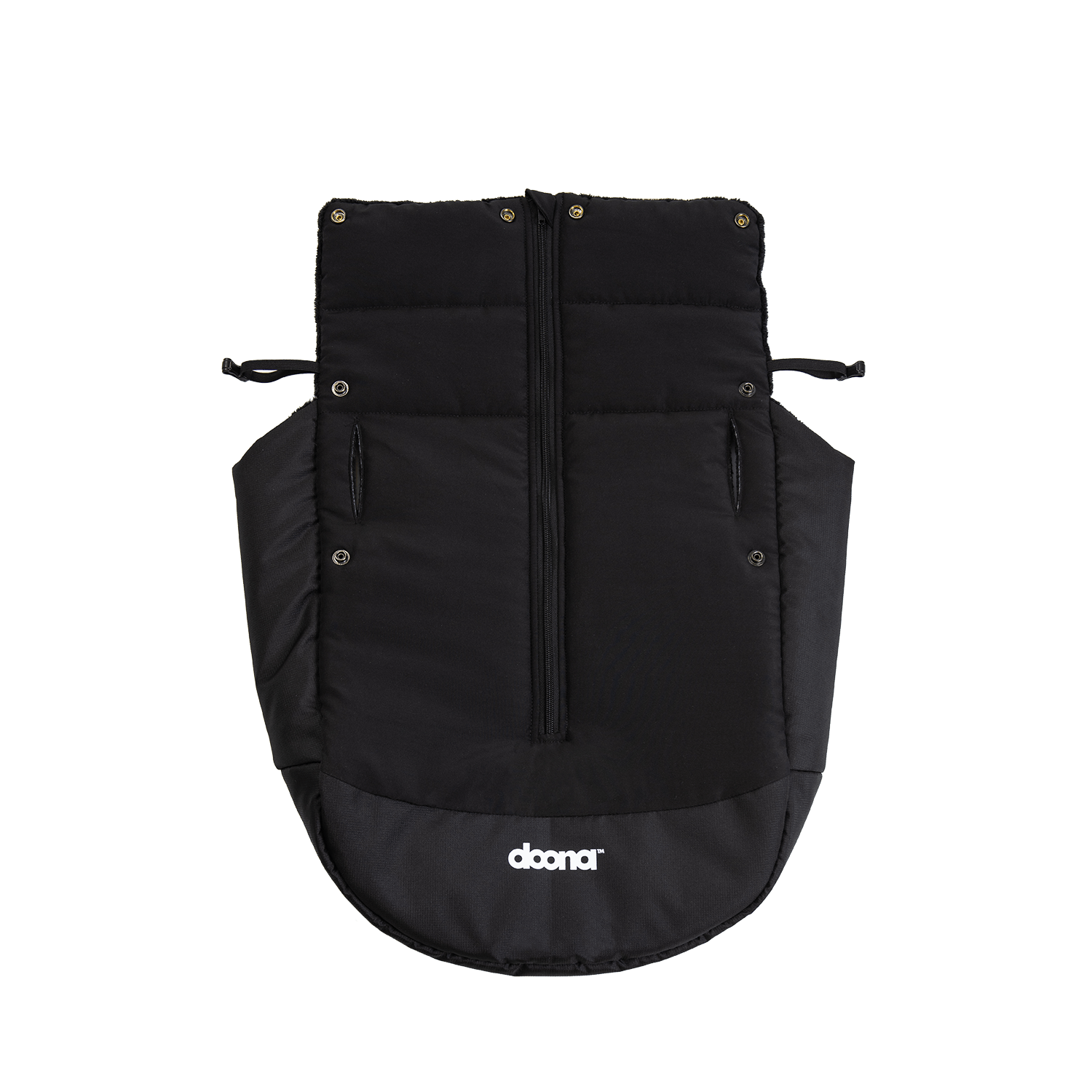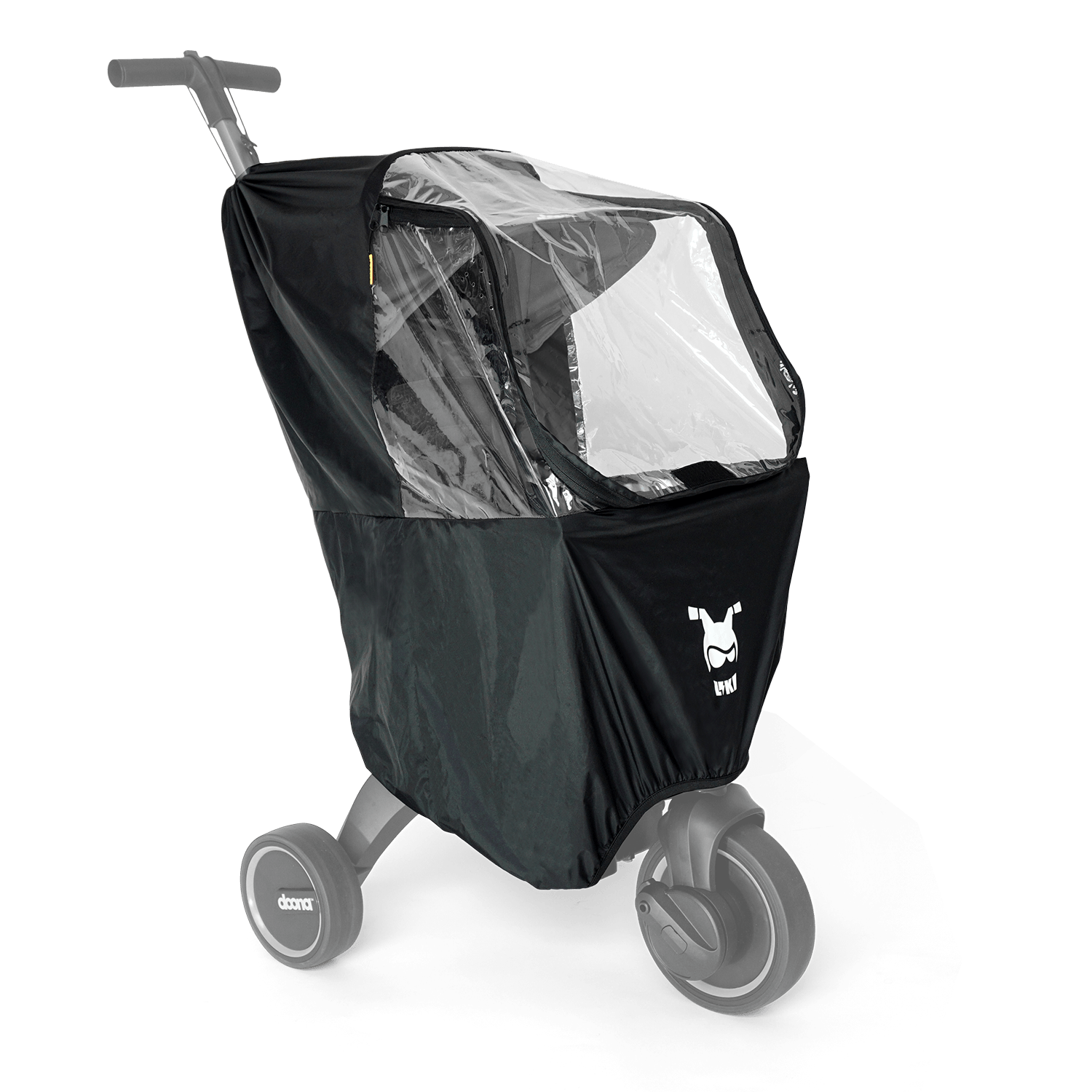Benefits and challenges of breastfeeding and formula feeding
August is National Breastfeeding Month, dedicated to raising awareness about the benefits of breastfeeding for both infants and mothers. However, breastfeeding may not be possible or manageable for all women, which is why recognizing formula feeding as a safe and nutritious alternative is equally important. The reality is that there’s no one-size-fits-all approach to feeding infants. Some parents exclusively breastfeed, some rely on formula, and many combine both. Each method comes with its own benefits and considerations, but the best choice is the one that works for you and your baby. We’ve outlined the benefits and challenges of breastfeeding and formula feeding below to help you make an informed decision about how to nourish your little one.
Breastfeeding benefits
When possible, breastfeeding is the best option for the health of both the mother and baby. The American Academy of Pediatrics (AAP) (opens in a new tab) recommends breastfeeding for 6 months, and to continue doing so along with complementary foods until the child is 2 years old. Here are some of the key benefits of breastfeeding.
Nutrition: Breast milk naturally contains the ideal balance of proteins, fats, and vitamins for your baby’s development, and actually provides continued nutritional significance well beyond the first year.
Infant immune support: Antibodies and immune factors in breast milk help protect against infections and illnesses. For example, breastfeeding reduces SIDS risk by up to 64%.
Bonding: The skin-to-skin contact of mother and baby when nursing can enhance emotional connection.
Cost-effective: Breast milk is free and available as long as mothers replenish the essential vitamins and minerals needed for milk production.
Protects breast health: “Longer breastfeeding duration correlates with greater protection against breast cancer (4.3% reduction per 12 months of breastfeeding).” —Doona’s Pediatric Medical Advisor, Dr. Ben P. MD
Breastfeeding challenges
Postpartum recovery, lifestyle demands, and health factors mean breastfeeding isn’t always realistic for everyone. For example, caring for multiples like twins or triplets can make nursing more demanding, or certain health conditions may place extra strain on the body. Whatever your circumstances, here are some of the most common challenges families may encounter with breastfeeding.
Physical demands: Breastfeeding can be time-consuming, physically tiring, and even painful.
Diet and lifestyle adjustments: Certain foods, medications, or health conditions may affect breastfeeding.
Supply challenges: Some parents face low milk supply, oversupply, or other lactation difficulties that may require supplementing breast milk with formula.
Consult your doctor and a lactation consultant to determine whether breastfeeding is the best option for you and your baby.
Formula feeding benefits
For moms who can't breastfeed or who decide not to, infant formula is a healthy alternative. Modern infant formula is carefully designed to provide adequate nutrition for babies from birth, and is a safe and effective way to support healthy growth and development.
Flexible feeding: With baby formula, many different caregivers can feed the baby, helping share the load and creating bonding opportunities for others.
Dietary freedom: Mothers don’t need to adjust their own diets to account for breastfeeding.
Measured intake: You can track exactly how much your baby consumes at each feeding.
Accessibility: Formula feeding can be a vital solution for parents with low milk supply, certain medical conditions, or when breastfeeding isn’t possible.
Formula feeding challenges
While formula feeding can be a convenient and nourishing option for many families, it also comes with its own set of considerations to keep in mind.
Cost: Formula can be expensive over time, depending on the brand and type.
Preparation: Requires bottles, sterilization, and safe mixing and storage practices.
Digestive adjustment: Some babies may need to try different formula types to find the one that suits them best. Consult with your pediatrician about the best formula to replace breast milk.
Mixing breast milk and formula
You don’t have to choose one feeding method over the other. Many parents opt for combination feeding, or mixing formula and breastmilk, to balance flexibility with continued breastfeeding benefits.
Combination feeding can:
Ease the transition back to work
Allow other caregivers to feed the baby
Help manage low milk supply
For example, a mother returning to work might breastfeed in the mornings and evenings, while using formula during the day, allowing caregivers to help with feeding, and reducing the pressure to pump multiple times at work. When introducing formula to a breastfed baby, follow your pediatrician’s guidance on timing, portion sizes, and feeding consistency. Introducing a breastfed baby to formula too early or irregularly can increase the risk of a food allergy, so it’s recommended to replace one feeding at a time over several days or weeks. This will give your body time to adjust milk production, and your baby’s digestive system time to adapt. A gradual approach to switching from breastmilk to formula also supports ongoing breastfeeding goals while making the most of the pros and cons of breastfeeding and formula feeding at the same time.
Whether you choose breast milk, formula, or a combination, what matters most is that your baby is well-fed and healthy. Feeding is about more than nutrition, it’s also a time for connection and care, and parents who feel supported and content are often best able to care for their little ones. For more blogs on breastfeeding, check out Everything you need to know about breastfeeding while traveling on the Parenting Tips blog!
At Doona, we’re committed to making parenting simple for every family. That's why we’ve created our innovative and revolutionary Doona Car Seat and Stroller, transforming from car seat to a stroller in seconds; and Liki Trike — the most compact folding toddler trike on the market that grows alongside your toddler from 10-36 months.
